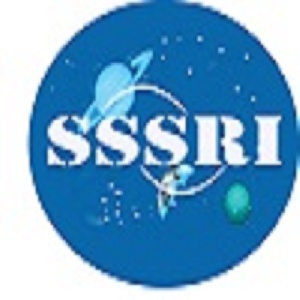 This to help ensure that young girls become empowered and cultivate confidence
This to help ensure that young girls become empowered and cultivate confidence
The Space Science System Research Institute (SSSRI), Ghana’s first private space science institute, is to train about 1,000 girls from the basic and Senior High Schools (SHSs) across the country in Science, Technology, Engineering and Mathematics (STEM).
According to the institute, science and gender equality are vital to the achievement of international development goals, including the 2030 Agenda for Sustainable Development.
Over the past 15 years, the global community has made strenuous effort to engage more females in science, but a few of them continue to pursue science related courses.
To this end, SSSRI has decided to sponsor 1,000 girls in STEM Education free of charge to commemorate this year’s United Nations International Women and Girls in STEM Education Day, which falls today.
The day is celebrated to inspire creativity among females through promoting hands-on practical base activities that demonstrate and integrate science, technology, engineering, and mathematics.
It is also to equip the females with the necessary knowledge, skills and attitudes to live and develop in the contemporary world of evolving science and technology.
Kow Nketsia-Richardson, Director of Communications of SSRI, told DAILY GUIDE that STEM Education had been recognized as a key driver in equipping learners with hands-on skills to effect changes in society.
“Our goal is to ensure that young girls become empowered, cultivate confidence and develop a deeper understanding that everything is possible in life,” he added.
“Apart from cultivating students’ interest in science, SSSRI aims to strengthen students’ ability to integrate and apply knowledge and skills across different STEM disciplines,” he stated.
He mentioned that through the promotion of STEM education in schools, a versatile pool of talents with different sets and levels of skills to enhance the competitiveness of Ghanaian students would be realized.
“We have been promoting STEM education among schools in a holistic and coherent manner, with strategies that embrace renewing the curricula of the Science, Technology, Engineering and Mathematics education,” he added.